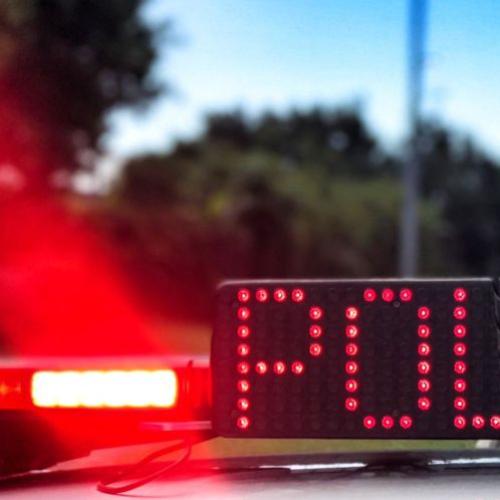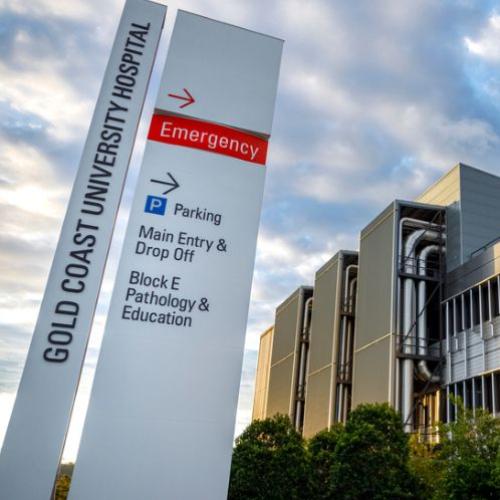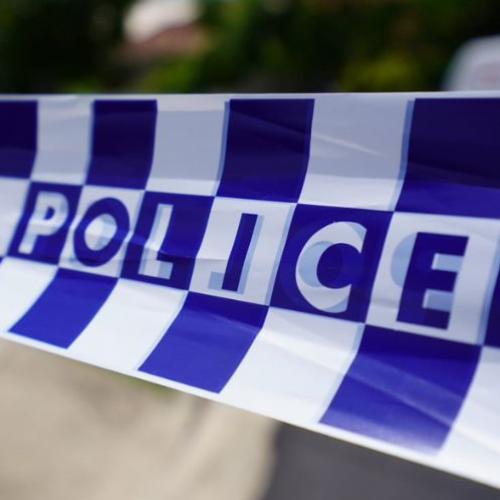What is 20 years of someone’s life worth?
That is a question the NSW government is facing after Kathleen Folbigg was extraordinarily pardoned and released from a Grafton prison on Monday.
The use of the mercy power by Governor Margaret Beazley followed a former NSW chief justice’s finding of reasonable doubt in the four homicide convictions that have kept the 55-year-old Folbigg imprisoned since 2003.
Just as Lindy Chamberlain adamantly protested her innocence, the former Hunter Valley hospitality worker had always denied responsibility for the deaths of Caleb, Patrick, Sarah and Laura, who were all under the age of two when they died between 1989 and 1999.
She now faces the prospect of joining a select few in Australia including Ms Chamberlain awarded seven-figure sums in light of their wrongful convictions.
Robyn Blewer, director of the Griffith University Innocence Project, pointed to two recent cases to indicate how Folbigg could be compensated for her 7300 days in jail.
West Australian man Scott Austic in May received $1.3 million on top of an earlier payment of $250,000 after serving nearly 13 years for murdering his pregnant secret lover.
He’d sought $8.5 million after being acquitted in 2020 on appeal.
Both payments were ex gratia, unlike David Eastman who was awarded $7 million in damages by the ACT Supreme Court in 2019.
Mr Eastman served almost 19 years over the 1989 shooting murder of federal police assistant commissioner Colin Winchester, only to be acquitted at a second trial.
“The difference is it was in ACT which has a human rights act and under that, there is an entitlement for compensation under human rights,” Dr Blewer told AAP.
“Mr Eastman was then able to sue because there was a right to compensation.
“The court assessed his damages in the same way they would a tort … the court went through every time he was injured.”
Like Mr Austic, Ms Chamberlain was awarded an ex gratia or grace payment. The $1.3 million awarded in 1992 now equates to about $3 million.
Given NSW lacks a human rights act like that of the ACT, Folbigg will need specific legal advice about whether a civil claim is possible.
Dr Blewer said she could end up reliant on what the government was willing to pay.
“Twenty years is a substantial amount of time lost,” she said.
“It might depend on the good grace of the NSW government.”
Before that bridge can be crossed, Folbigg’s lawyers will await the final report of former chief justice Tom Bathurst into her convictions.
An application to the NSW Court of Criminal Appeal to quash her convictions is likely to follow shortly afterwards.
Greens MP Sue Higginson, who championed Ms Folbigg’s pardon in the NSW parliament, indicated the former prisoner would be seeking compensation or an “ex gratia payment of some sort”.
“Whatever that sum looks like, may it be the biggest sum that we can imagine,” she told reporters on Monday.
Talk of compensation was dismissed on Monday both by Attorney-General Michael Daley, on whose advice the governor pardoned Folbigg, and his predecessor Mark Speakman who initiated the inquiry.
“That’s getting well ahead … of today’s story,” Mr Daley told reporters.
Folbigg’s friend Tracy Chapman and solicitor Rhanee Rego, who has worked the case pro bono for six years, are due to address media on Tuesday morning.











